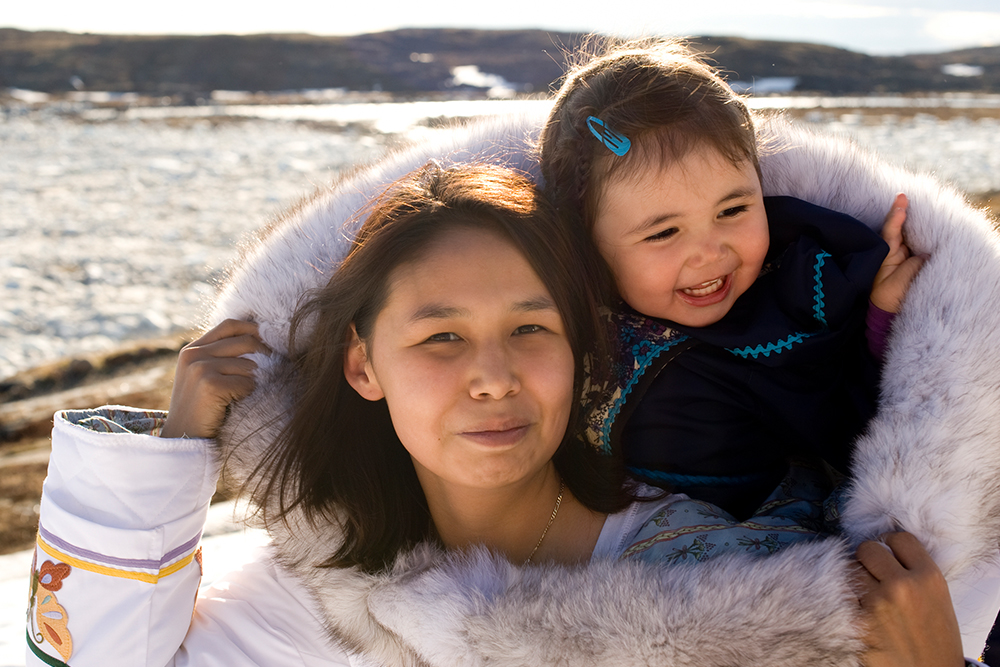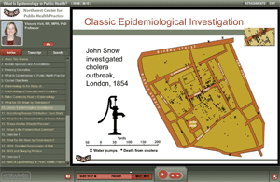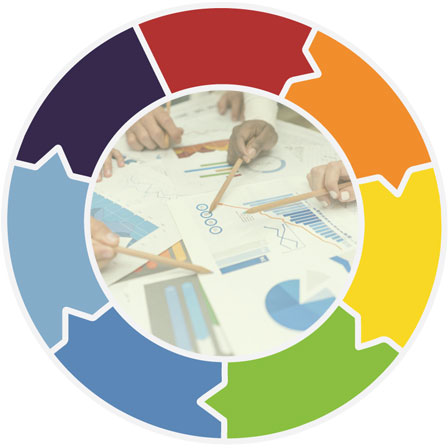This one-hour webinar, which is part of the Hot Topics series, reviews strategies for working with small data sets to better understand the health of indigenous populations.
Learning Objectives
- Identify health issues and initiatives important to urban Indian communities.
- Explore the impacts of racial misclassification on research, policy, and public health practice.
- List strategies for data analysis and reporting to correct for racial misclassification.
Intended Audiences
Local, state, and tribal public health professionals; epidemiologists and public health researchers; health equity advocates
Presenter
Adrian Dominguez, MS, Scientific Director, Urban Indian Health Institute
Discussion Questions
- How does your organization analyze and report racial groups and small numbers?
- How does racial misclassification affect our ability to successfully address health disparities?
- Why is it important to correct misclassification and expand on small number analysis skills?
Resources
- Urban Indian Health Institute Data Dashboard
- Tribal Nations & the United States: An Introduction (pdf) (National Congress of American Indians)
- Broken Promises: Continuing Federal Funding Shortfall for Native Americans (pdf) (U.S. Commission on Civil Rights)
- The American Indian and Alaska Native Population: 2010 Census Briefs (pdf) (U.S. Census Bureau)
- Jim, M.A., et al (2014). Racial Misclassification of American Indians and Alaska Natives by Indian Health Service Contract Health Service Delivery Area. Am J Public Health; 104 (Suppl 3): S295-302
- James, R.J., et al (2018). Responsible Research with Urban Americans and Alaska Natives. Am J Public Health: 108 (12): 1613-1616

Air Date:
Tuesday, May 21, 2019, 12:00 pm to 1:00 pm PDT
Topics:
Epidemiology
Vulnerable Populations & Health Disparities
Format:
Webinar
Duration:
1 hour
Cost:
Free
Series:
Hot Topics in Practice
Competency Domains:
Analytical/Assessment Skills
Cultural Competency Skills


